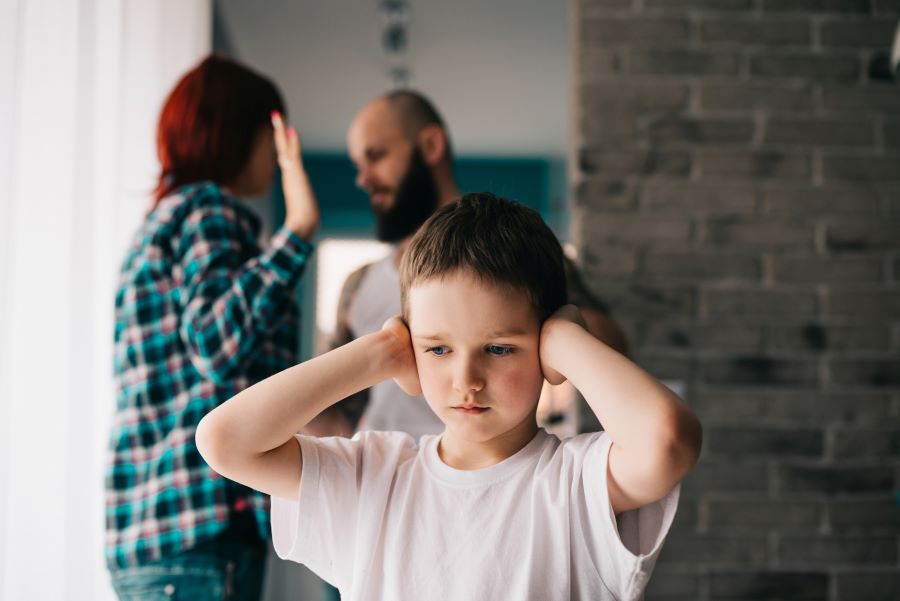The Effects of Divorce on Children


According to the Centers for Disease Control and Prevention (CDC), nearly 30 percent of first marriages among women 15-44 years old ended in divorce, separation, or annulment within 10 years, right when families are likely to have young children. In 2009, the United States’ divorce rate was 3.4 per 1,000 people, according to the National Center for Health Statistics.
Within those numbers are countless children who feel the effects of divorce keenly on several levels: emotionally, academically, even socially and economically.
Children of divorce tend to have more issues academically than children of two-parent households. These children are twice more likely to drop out of high school and have lower scholastic achievement. It’s estimated that children whose parents have divorced are less likely to continue their education into college, which can result in a lower earning potential later in life. Further, children of divorce are more likely to be raised in poverty or in a house with a lower income than the home they occupied before their parents divorced.
Socially, both sons and daughters of divorced parents are significantly more apt to start smoking. A recent study analyzed 19,000 Americans whose parents divorced before they turned 18. Forty-eight percent of the men and 39 percent of the women were more likely to smoke than their peers whose parents remained together.
Are children of divorce more likely to get divorced themselves? Maybe. A 2005 study from the University of Utah suggests that possibility, but mainly because those children typically marry at a much younger age.
Many of these and other related studies caution against making generalizations about these children, emphasizing that divorce can also be a positive step in a family relationship that becomes unhealthy and damaging to children. When abuse of any type or constant conflict is present, divorce can ease the dysfunction and instability and provide safety and stability. Some experts argue that it is the conflict leading up to the divorce, and not so much the divorce itself, that affects children more.
But nevertheless, divorce is a serious issue affecting children, and couples going through divorce are encouraged to seek out professional help to make the transition easier on their children.
Sources:
- Centers for Disease Control and Prevention
- Statistics.
National Center for Health Statistics - Social and Economic Characteristics of Currently Unmarried Women With a Recent Birth: 2011
Marriage and Family Review - Personal, family, and school factors related to adolescent academic performance: A comparison by family structure
University of Toronto - Children of Divorced Parents More Likely to Start Smoking.
University of Utah - Children of Divorce More Likely to End Their Marriages.
Powered by Bundoo®










































